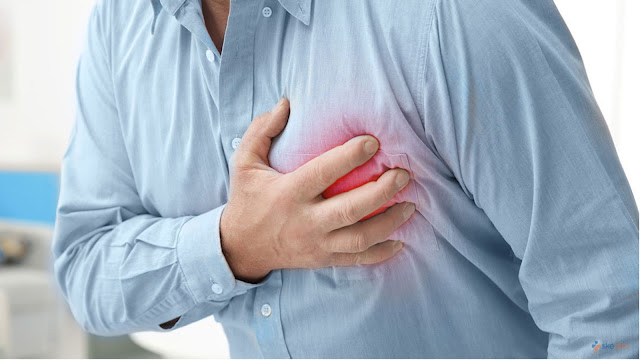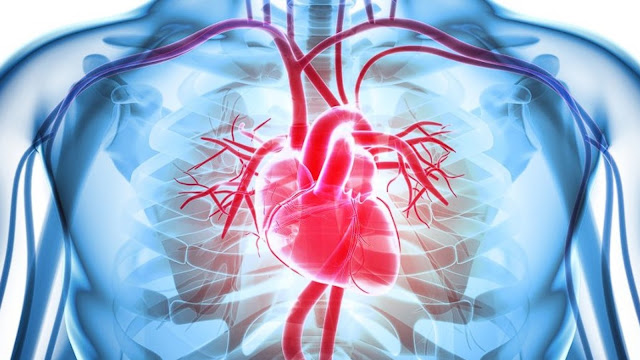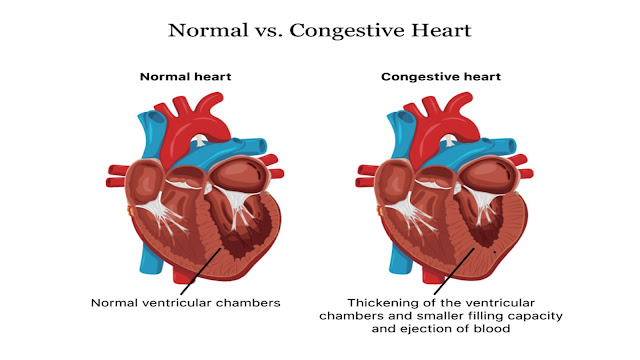congestive heart failure ( symptoms & treatment )
Under normal circumstances the heart pumps about 65% of the blood that is inside the heart out of it with each pump. This is called an ejection fraction (EF). As we age that EF usually goes down to about 55%. Now through various means we can damage the heart and that EF may drop precipitously to 40% or even lower. If you go to 40% rapidly or slowly 40% means Congestive Heart Failure (CHF).
This is the point where the heart is not pumping sufficiently to maintain the organs of the body alive. This proceeds for about 5 years and about 50% are dead. The rest straggling on for a while, but eventually dying soon after. In the USA white people usually get diagnosed at 55 with half dying by 60 years old. However the blacks in a the entire Western Hemisphere get it 20 times more than whites, getting it as early as 35 with most of those dying by 40 years old.
Most of these deaths in black and white peoples are occurring due to long term hypertension not controlled by any means, especially medication.
Hypertension is called, The Silent Killer. It takes out your kidneys and causes CHF with little understanding and appreciation. For instance a major heart attack may cause CHF in a brief episode. You go from a functioning human being to a Cardiac Cripple in a matter of hours. Usually however this happens over years as the heart grows bigger and bigger. Unfortunately bigger ain’t better.
The heart is a muscle very very similar to your arm muscle. The difference is it gets its signal to contract from itself, through the SA node that is the pacemaker of the heart. But just as the arm muscle gets bigger when it is over worked for years on end, the heart gets bigger when it continuously pushes against high blood pressure. As a bigger heart it doesn’t beat as well against itself, because a dead spaces develops you don’t push out blood, diminishing the effectiveness of the heart.
Your heart beats 60–100 times a minute continuously. That means it pumps 2–3 oz with each beat. At that rate it can pump as much as 2,000–3,000 gallons a day. That is a fuel tanker truck filled every three days. By the time you begin to notice this aspect of your heart’s dysfunction it is to late to repair it. Currently there are very expensive medications that can improve the heart’s EF, the result is not dynamic, and only improves it slightly. No other procedures are available either.
As the heart gets bigger and bigger you feel very little change. Over time your capacity to function gets less and less. This happens so slowly that until years go by, and you are much less functional, you don’t even notice the difference until you do, because it happens so slowly. Death usually occurs within 5 years of diagnosis.
signs of congestive heart failure.
Early signs of congestive heart failure, or CHF for short, can be extremely subtle. Since most of the people that suffer from CHF are a bit older, mostly in their 60s and older, patients coming in complaining of easy fatiguability, exertional dyspnea and difficulty sleeping can be misconstrued as part of aging, when in fact these can certainly be the earliest signs of CHF. Others would only complain of swelling in the legs and ankles, those that don’t really get better in the morning.
That’s why a thorough work up should be aggressively pursued when patients within that age range, or sometimes younger if symptoms are more intense, come in to seek consultation.
The best test for CHF has always been an echocardiogram. This will not only tell us what the pumping strength is of the heart, measured in percentage ejection fraction; but also whether or not there’s any sign of any weakness in particular areas of the heart, which could be extrapolated back to the possibility of a heart attack in the past weakening that part.













Post a Comment